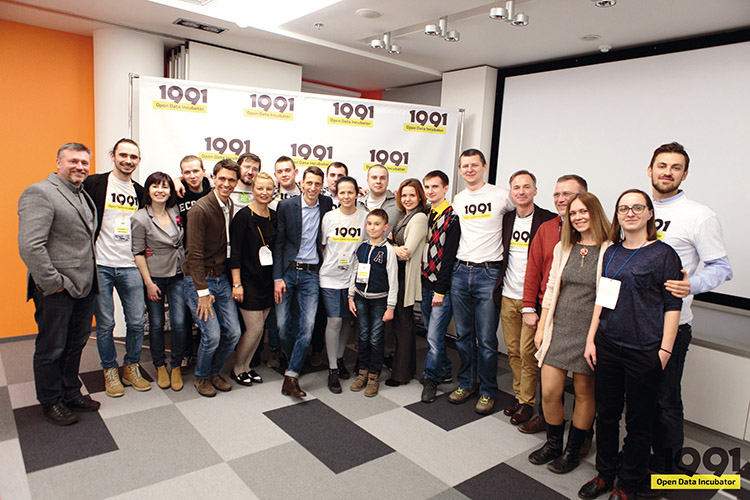For the past ten years, Ukraine has experienced quite a boom in the construction of renewable energy source (RES) power generation facilities (PGF), primarily in the solar and wind energy sectors. Lavishly high feed-in tariff rates determined by Ukrainian legislation drove an unprecedented investor rush into this sector of the Ukrainian energy market.
The bonanza came to an abrupt end in 2020 when the Ukrainian government realized that the structure of the RES sector was unsustainable going forward. In August 2020, it remodeled the country’s RES legislation to implement immediate and significant feed-in tariff cuts, and to effectively ban the unbridled development of new solar and wind PGFs going forward.
The Investor Case
The government might have saved itself a few hryvnias, but it also succeeded in enraging foreign investors who only a few years earlier were being actively courted by the Ukrainian state to invest in the sector. Investors now argue that they relied to their detriment on these entreaties by borrowing on international markets and investing on the Ukrainian government’s own terms.
By changing the rules mid-game, the Ukrainian authorities have violated the legitimate expectations of investors regarding the sanctity of the host state’s investment rules. This move might have further exposed some of the investors to the risks of having effectively expropriated their investments in the country.
Investment Protection
Legitimate expectations and effective expropriation concepts are both pillars of the international investor-state dispute settlement (ISDS) mechanism, an important part of the modern system of public international law. They are reflected in thousands of international investment treaties, and further developed by international investment jurisprudence.
The legitimate expectations doctrine is based on the premise that the foreign investor’s legal regime in the host state will not become worse than it is on the day the investor makes its initial investment. The effective expropriation concept prohibits so-called indirect expropriation of foreign investor assets by the host state without fair and timely compensation equal to the value of such assets.
The Need to Act
The concept of legitimate expectations is a strong suit for disgruntled investors to play in any claims against the Ukrainian government, which has violated their legitimate expectations by changing the feed-in tariff rates after their investment in Ukraine had already been made. Investors can further claim for their portion of the debt accumulated by the government’s failure to pay in full for the electricity already supplied under existing power purchase agreements (PPA). The aggregate amount of outstanding debt has fluctuated at around USD 800 million since early 2020.
Investors who are still at the PGF pre-commissioning stage and who have not signed pre-PPAs are in a slightly more complicated situation. However, they can raise an effective expropriation claim against Ukraine: they brought their money into the country; they might have even already constructed their PGFs; but now they have lost the opportunity to realize their investment due to the Ukrainian government’s expropriative behavior. Essentially, they have been left with only illusory hopes of winning an occasional governmental auction to put their PGFs into operation, and even in that case, only as the loss-leader victors of a reverse auction process.
Existing Restraints
Everything seems to be pretty straightforward. Yet, many investors still appear reluctant to initiate legal actions against Ukraine. One reason is that investment arbitration is perceived to be an expensive exercise. The cost of investment arbitration proceedings for the claimant starts at around USD 6 million. This figure can rise depending on the complexity of the case.
Judging from the preliminary analysis of the average losses that RES investors have sustained in Ukraine as a result of the recent changes, the economics of treaty arbitration likely works for only a few of the largest investors with PGFs in the country.
Overcoming Difficulties
Other investors must make a difficult choice. They can either write off their investments or join forces with fellow partners-in-losses to sue the host state. The latter approach may be more rewarding than it might initially appear. These days, investors can tap into the resources of third-party funders who invest money into a speculative claim in the anticipation of attractive profits.
In the context of treaty claims, a funder would typically cover 100% of the arbitration costs plus the full costs of enforcement proceedings. In exchange, the funder would claim back the full amount of its expenses plus a certain negotiated percentage of the recovered amounts upon the successful completion of the case.
Advantageous terms for investors can be negotiated to engage a funder wherever a fairly rich pool of combined potential claims exists. That, plus diligent case planning, will be of paramount importance to eventual success.
International funders are already following the RES disputes in Ukraine with great interest. The question is whether investors will decide on the option of banding together to protect their legitimate rights.
